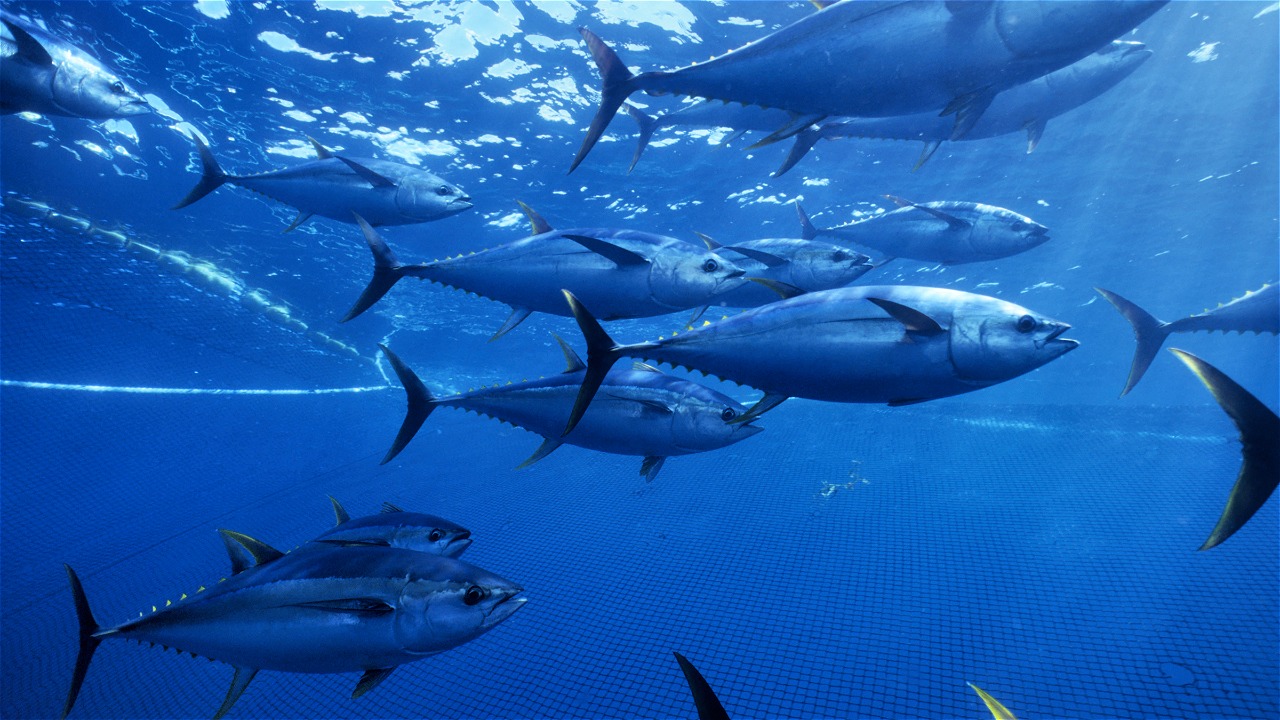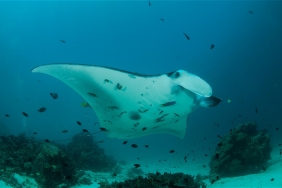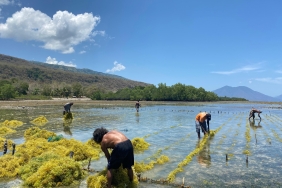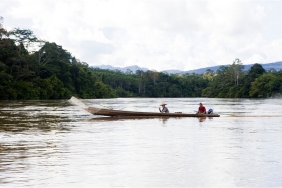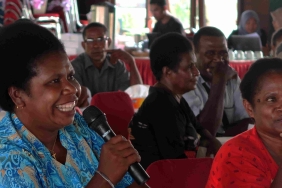TOWARDS FINALIZING THE INDONESIAN SKIPJACK TUNA FISHERIES MANAGEMENT PLAN
By M. Maskur Tamanyira
Tuna fisheries (including skipjack and tuna) are multidimensional. In this fishery, there are multi-tackle, multi-stakeholder, and even multi-country interactions. Speaking of multi-country tuna fisheries management, since 2013 Indonesia has been a member of the Western and Central Pacific Fisheries Commission (WCPFC), following membership in other regional tuna management bodies, such as the Indian Ocean Tuna Commission (IOTC) and Central Commission of Southern Bluefin Tuna (CCSBT). This is a necessity for Indonesia as the FAO recommends that every tuna producing country become a member of the tuna management body in each region for better management of tuna fisheries.
As a member, Indonesia is required to implement recommendations issued from each of these bodies related to tuna management. Trying to align with the region, on Thursday and Friday September 18-19, 2014, tuna management in Indonesia climbed the rungs of progress. The Sub Directorate of Exclusive Economic Zone (EEZ) Waters and the High Seas held a consultation on the Skipjack Tuna Fisheries Management Plan, Directorate of Fish Resources (SDI), Ministry of Marine Affairs and Fisheries (MMAF), at Hotel Salak, Bogor. A step forward that should be appreciated although it is quite time-consuming considering that the national workshop for the improvement of tuna fisheries practices facilitated by WWF-ID in collaboration with the Directorate of Foreign Marketing, Ministry of Marine Affairs and Fisheries has identified this need since 2010.
This activity was attended by researchers from within the MPA, representatives from other directorates within the MPA, association representatives and several NGOs. As a follow-up meeting to a similar activity on August 19, 2014, the discussion this time was more in-depth and detailed about the contents of the draft tuna management plan that was developed. In general, this document has answered some of the needs that must be met by a tuna fisheries management plan document. However, as a management plan, this document has not fully accommodated scientific recommendations regarding the importance of tuna fisheries management in one resource stock unit. This is evidenced by the difference in management arrangements between Indonesian archipelagic waters and the WCPFC and IOTC convention areas, and has not accommodated utilization arrangements using the Harvest Control Rules approach which is reinforced by the existence of Target Reference Point and Limit Reference Point.
In order for tuna management to be carried out in accordance with sustainable principles, WWF-ID coordinated other fisheries civil society organizations such as Greenpeace, Sustainable Fisheries Partnership (SFP), International Pole and Line Foundation (IPNLF) and Masyarakat dan Perikanan Indonesia (MDPI) to jointly write a letter of recommendation to improve the tuna fisheries management plan document for the attention of the drafting team and the Directorate of SDI. This letter is submitted as input to the document being developed to be in accordance with the conservation values that are mobilized together and to be in line with the recommendations given by the regional tuna management body in the form of resolutions or conservation management measures (CMM).

